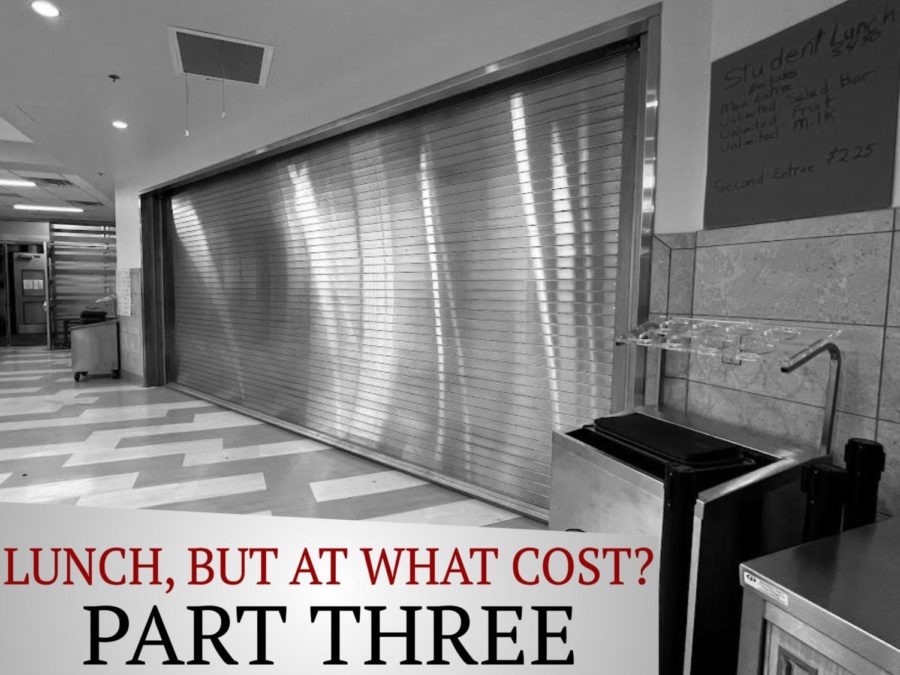School Lunch to Become Free: Lunch, But at What Cost (Part 3)
November 26, 2022
School lunch; always a fascinating topic in the American education system and its communities. In our previous two articles concerning school lunches, we’ve discussed the budget for BVSD food services, school funding, the cost to distribute school lunches, the fight for vegan options, price margins, and USDA regulations. If you haven’t yet, you should check out those articles here (first and second).
At the end of our last article, we discussed the potentiality of school lunches becoming free, in a bill to be voted upon during Colorado Election Day. Well, Election Day has now come and gone, and potentiality has become reality. Proposition FF has passed with a 56.7% voter approval rating, which means school lunches will become free for all students starting next year. Located below are some answers to common questions you may have regarding the passing of this bill.
What exactly does Proposition FF do?
Proposition FF will raise taxes on individuals with a yearly income of 300,000 dollars or more, and the proceeds will go to financing school lunch programs.
Will the food quality drop because of this?
No. As a matter of fact, school lunch quality will increase, because the amount that the government will allocate for each meal served is higher than what BVSD’s current budget allocates. We talked with Stephen Menyhart, director of BVSD Food Services, to find out more regarding this question:
“[The Bill] would provide 35 cents per meal as extra money to purchase locally, so we already spend 1.1 million dollars a year within the state of Colorado, about 25% of our food budget, and that would actually give us additional funding to do even more local purchasing, which is awesome,” said Menyhart. “It also adds 12 cents per meal that we could also use for retention bonuses and other additional pay for our staff, because our staff is starkly overworked and very underpaid at the bottom of the scale.”
Overall, this won’t have a negative impact on food quality.
When does this become implemented?
This will be implemented at the beginning of the 2023-2024 school year, which is next year. Sorry seniors.
Final Thoughts:
Some may argue that increasing taxes for the rich isn’t a good thing, but this act undeniably has a great impact on the education system, helping lead to a further increase in school lunch quality and bettering the pay of lunch program employees. All in all, this bill is a win for students all over Colorado, making sure that you — if you’re a student — have access to free and healthy meals during the tenure of your education.
*This article is part of a series discussing school lunch in BVSD and at Fairview. More articles will be released periodically.















